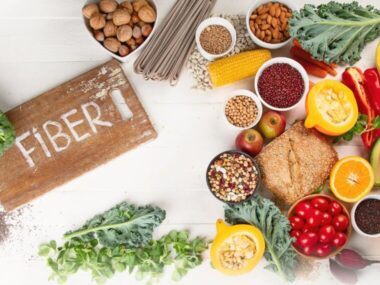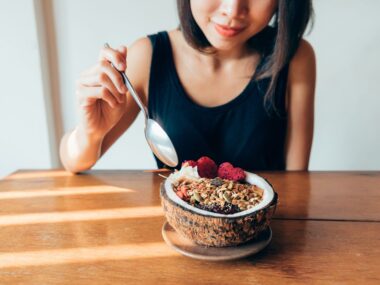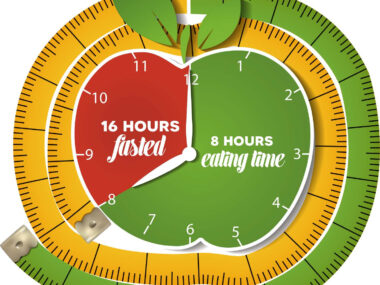10 delicious foods high in protien
Your overall health depends on getting enough protein every day.
In reality, proteins are a large class of molecules. You need them to function as an immune system, move, synthesize hormones, perform chemical reactions, and so on. So in this article, i will be listing out 10 delicious foods high in protien.
Amino acids make up every one of them. You need to get 5 of these essential nutrients from your diet as the body cannot make them on its own.
Protein requirements depend on factors such as activity levels, body size, pregnancy status and age.
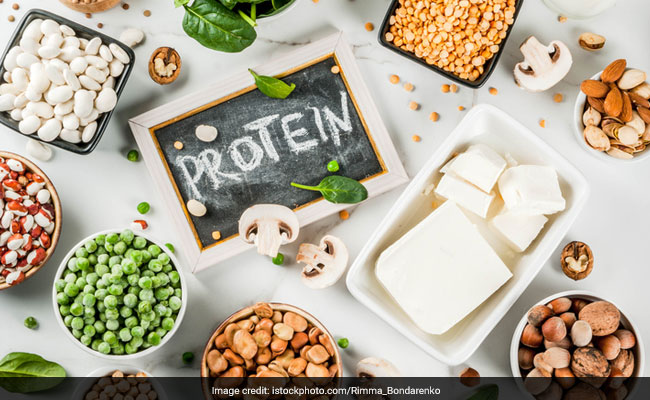)
10 delicious foods high in protien
Protein is essential in different amounts for different people. In spite of this, everyone should consume protein-rich foods on a regular basis to get the optimal amounts of protein they need.
Besides being important for your health, protein is also one of the most filling macronutrients. Consuming it can keep you feeling full and satisfied, which supports a healthy body weight.
At present, 0.36 grams of protein are recommended per pound (0.88 grams per kilogram) of body weight. Your body requires a minimum amount of protein in order to function properly. People who are pregnant or nursing, active people, and older adults need more.
The American Journal of Clinical Nutrition recommends 0.54–0.9 grams of protein per pound (1.2-2 grams per kilogram) each day). When you consume a variety of protein-rich foods, you will be able to meet your protein requirements easily.
Milk
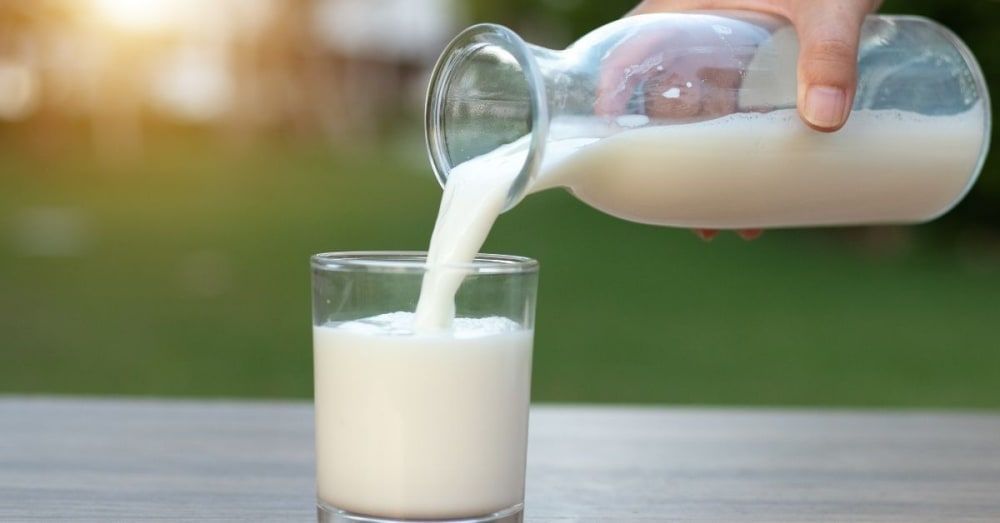
You can find nearly all the nutrients you need in dairy milk.
A nutrient-dense source of high-quality protein, the food contains calcium, phosphorus, and riboflavin (vitamin B2).
Milk and other dairy products are intolerant to many people with lactose intolerance, so they avoid dairy products in general. Lactose-free milk, cheese, and yogurt are now available on the market. It is possible to substitute non-dairy milk alternatives for milk in many cases, but the vitamins and minerals they contain are usually much lower.
It is possible to increase your protein intake by drinking dairy milk, including lactose-free milk.
Content of protein
Dairy milk contains 8.32 grams of protein per cup (246 mL).
Eggs
Nutrient-dense foods like whole eggs are among the healthiest choices.
They are a reliable source of protein because of their high antioxidant content, healthy fatty acids, vitamins, and minerals.
Whole eggs contain selenium and vitamins B12 and A, which are beneficial to health. During pregnancy and breastfeeding, they are especially rich in choline. Development and growth depend on it. Whole egg yolks are rich in vitamins, minerals, antioxidants, and healthy fats, unlike egg whites, which are almost pure protein.
Many studies have debunked the myth that egg yolks are toxic for you if you’re concerned about their cholesterol levels.
In fact, research shows that whole eggs are very healthy and may prevent chronic diseases (6).
Content of protein
Protein is found in 6.3 grams per large egg (50 grams).
Almonds

Contains fiber, vitamin E, manganese, and magnesium. Almonds are a nutritious tree nut.
Plant-based proteins are also abundant in them.
The health benefits of almonds include lowering blood pressure and LDL (toxic) cholesterol, which are risk factors for heart disease. Try adding almonds to plant-based meals, like grain bowls and salads, for a boost of filling protein and fiber.
Pistachios and cashews are also delicious nuts to add to your diet. Aside from their health benefits, these two nuts contain a lot of protein.
Content of protein
Protein is found in one ounce of almonds (28.35 grams). A 1-ounce (28.35-gram) serving of cashews contains 4.34 grams of protein, while a 1-ounce (28.35-gram) serving of pistachios contains 5.73 grams.
The chicken breast

You can boost your protein intake by eating chicken breasts. Aside from protein, chicken also contains minerals such as zinc and selenium, and B vitamins. The versatility of chicken breasts makes them a smart choice for cooks of all levels. It tastes yummy in a variety of dishes.
For a filling salad, stir-fry, or soup, add sliced chicken breast.
Content of protein
Protein is found in approximately 26.7 grams per half of a chicken breast (86 grams).
Cottage cheese
Despite its low fat and calorie content, cottage cheese is packed with protein.
There are many nutrients found in it, such as calcium, phosphorus, selenium, vitamin B12, vitamin B2, and riboflavin (vitamin B2). Cottage cheese can be eaten as a meal or snack and it is just as filling as eggs.
For a high-protein breakfast on the go, pair it with cut-up fruit.
Content of protein
Cottage cheese contains 28 grams of protein per cup (226 grams). Cheeses with high protein contents include cheddar cheese, which contains 3.96 grams per slice (17 grams), and mozzarella cheese, which contains 6.29 grams per ounce (28.35 grams).
Greek yogurt

In addition to being high in protein, Greek yogurt is also called strained yogurt. With its creamy texture, calcium, vitamin A, selenium, and zinc, as well as vitamin B12, it is excellent source of nutrients.
As a versatile ingredient, its tart flavor complements both sweet and savory dishes. Enjoy Greek yogurt plain or with a small amount of fruit and crushed nuts for crunch or add it to smoothies, soups, salad dressings, or baked goods.
Choose Greek yogurt without added sugar when shopping.
Content of protein
A 7-ounce container (200 grams) contains 19.9 grams of product.
Yogurts with a low fat content, such as unsweetened low-fat yogurt, are high in protein, providing 11.9 grams per 8 ounces (227 grams), while plain yogurt contains 9.21 grams per cup (243 mL).
READ ALSO; 15 Healthy Foods High in Fiber
Fish
Vitamin B12, iodine, selenium, and selenium are all vitamins and minerals found in fish.
The risk of heart disease and type 2 diabetes is lower in people who eat a lot of fish.
In addition, salmon and herring are rich in omega-3 fats, which have powerful health benefits, including supporting the heart.
Content of protein
The protein content of all fish types is high. Salmon fillets (124 grams) provide 30.5 grams of protein, while cod fillets (180 grams) provide 41 grams.
Pumpkin seeds
There is nothing like pumpkin seeds when it comes to taste and nutrition.
Their mineral content includes iron, phosphorus, magnesium, and zinc, for example. Additionally, they’re high in fiber and protein from plants.
Combine pumpkin seeds with unsweetened dried fruit and almonds for a convenient snack, or add them to salads, baked goods, oatmeal, and yogurt.
Content of protein
Approximately 8.8 grams of protein are provided by 1/2 cup (29.5 grams) of pumpkin seeds. A 1/4-cup serving of sunflower seeds (35 grams) provides 7.25 grams of protein, while a 1/4-cup serving of flax seeds (42 grams) provides 7.5 grams.
Shellfish

There are many excellent sources of protein in shellfish, including shrimp, oysters, clams, and scallops. Aside from healthy fats, shellfish also contain selenium, zinc, vitamin B12, and iron, which all contribute to their health benefits.
The protein content of shellfish is high in all types. Among the ways to consume them are salads, pastas, and stir-fries.
Content of protein
Cooked clams provide 21.8 grams of protein per 3-ounce serving (85 grams), while shrimp provide 20.4 grams.
Peanut butter and peanuts
The peanut is actually a legume, not a nut.
Nutritional benefits of peanuts and peanut butter include vitamin E, magnesium, folate and protein. Since peanuts and peanut butter contain a high amount of protein, they may help you feel full. Studies have shown that peanut butter can help reduce blood sugar spikes following a high-carb meal.
When you eat peanut butter on a slice of bread, you will feel more full and your blood sugar will stay stable.
Content of protein
It provides 7.2 grams of protein in a serving of one ounce (28.35 grams) of peanuts, and 7.31 grams in a serving of two tablespoons (32 grams) of smooth peanut butter.
In summary
Protein is essential for health on a daily basis.
The amount of protein people need varies from person to person. The average active person should consume 0.54–0.9 grams of protein per pound (1.2–2 grams per kilogram) each day, according to experts. A wide variety of high-protein foods are available, including animal and plant sources.
To help you meet your daily protein requirements, add a few of the high protein foods on this list to your diet.

